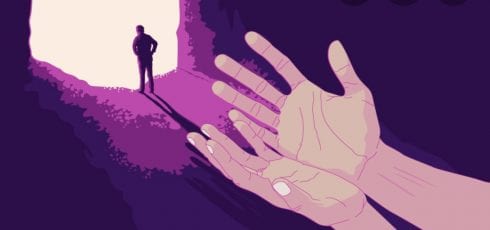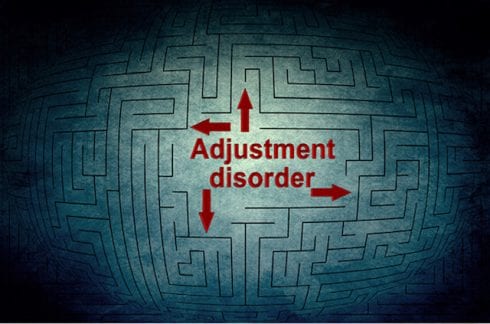
Until you come across someone who has a diagnosis of Bipolar, it can be very easy to make assumptions and judgments about what someone with the condition might look or act like. As with every other mental health condition, there is a very big spectrum. It is a very lonely place to be to live with a mental health condition, and one of the symptoms of bipolar is to shut oneself away from the world. Often people with a diagnosis of Bipolar can be high functioning and don’t necessarily want to share their difficulties. Stigma is still very much prevalent with mental health. However, if you do know someone with the condition, it is so important to respect their need for isolation as they try to regulate their mood swings before engaging in the world again.

So where do we start with Bipolar? First of all it is important to know that there are several classifications of Bipolar. These can vary from Bipolar type 1 or 2, to cyclothymia (https://www.nhs.uk/conditions/cyclothymia/), which is a less severe mood disorder that can still affect people’s day to day life.
One of the difficulties in getting a diagnosis of Bipolar is that a large percentage of people will self medicate to soothe their symptoms of depression or mania, for many years. Imagine if you can, that you are feeling depressed, you take a drink or some other form of mind altering substance to pick yourself up. Then out of nowhere, your mood becomes elevated so you take something to slow yourself down. Years of this can create addiction, which is where the majority of people who are diagnosed with Bipolar end up. It is generally recognised that most people get a formal diagnosis of Bipolar around the age of 30. However, to exacerbate the situation, by this time there is a co-morbid diagnosis of addiction to deal with.
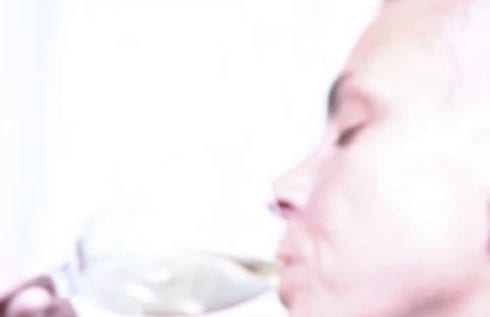
So how is Bipolar managed? Anti depressants can be given for the lows, but then the danger is that these will accelerate the highs. How does one medicate for the highs? How does one medicate for Bipolar at all?
The most successful medication thus far has been Lithium. Nobody has a clue how it works but it does, on the whole. It stabilises bipolar symptoms. Lithium is a form of salt which we know is not good physiologically for humans, so the trade off is that taking the medication involves regular kidney function tests. Lithium does not however, work for everyone and there is an enormous amount of medication that is prescribed for the condition. Anti depressants, mood stabilisers, anti epileptics, anti psychotics, anti anxiety, sleeping tablets. Below is a list of some medications prescribed for a person with Bipolar. The relevance of this will become clearer later in this article.

In the pharmaceutical world that we now live in, whereby taking pills for everything appears to be the Holy Grail, we lose sight of simple interventions that kept our grandparents, or even our great grandparents safe. Bipolar is widely regarded as being hereditary. It is very rare to see a patient who does not have a family history of Bipolar.
First of all it is very important, (and this is very difficult for someone who has Bipolar to accept) is to recognise that life is mundane, on the whole. Because going high can be exciting, it can be a period of time when creativity is at its most heightened. As humans, I think we have a tendency to remember the good times more than the bad. A person who has Bipolar will forget that the highs go so high that they lead to reckless behaviour, promiscuity and excessive spending, for example.

As the saying goes, ‘what goes up must come down‘ and the downs experienced through Bipolar can lead to suicidal ideation and on occasion, completion.
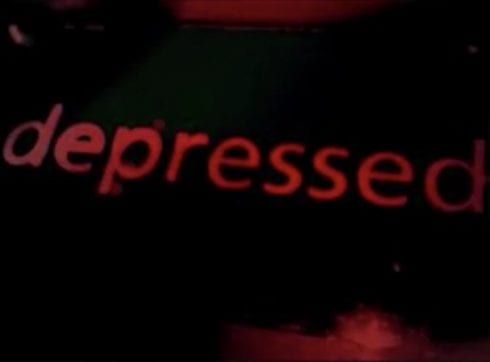
Which brings me back to the amount of medication prescribed to try and treat Bipolar. It would not be hard to stop taking medication when ‘high’ and then find a stockpile when ‘low’ .
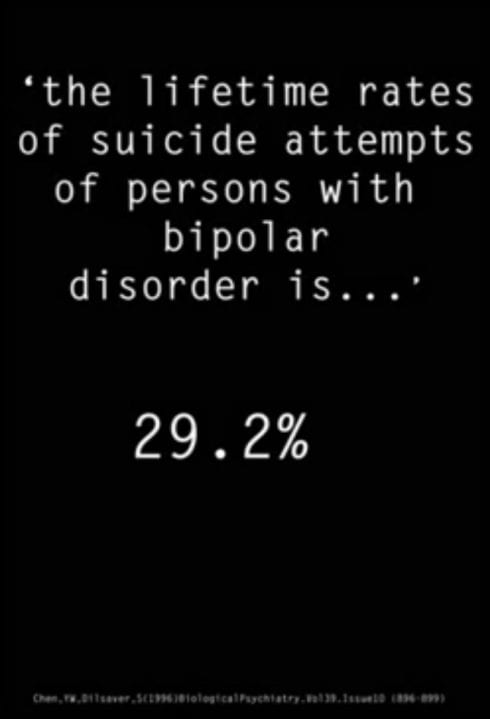
So, if you know somebody with a diagnosis of Bipolar, or you have a diagnosis yourself, don’t despair. It can be kept relatively stable. Routine is key. Of all the people I have worked with who have a diagnosis of Bipolar, a simple and routine life has been paramount to good mental health and stability. Most importantly I have found, is to avoid anything that is mind altering, such as drink, prescription drug abuse or illicit drug use. It is difficult enough to be treated for a mental health condition but add to that an addiction, it is doubly hard. Exercise and good diet, regular and good sleep hygiene are all very important.
To end, let’s take a look at some famous and successful people who have a diagnosis of Bipolar (www.cbsnews.com/pictures/famous-people-celebrities-bipolar ). The list is pretty extensive. Bipolar has been referred to as a ‘creative madness‘ and a book has been written referring to Bipolar as ‘Divine Madness‘. It might not feel like it to the person with the diagnosis but there does appear to be a strong link between Bipolar and creativity.
For further information/support contact http://bipolar.org

Click here to read more Psychotherapist News from The Olive Press.




